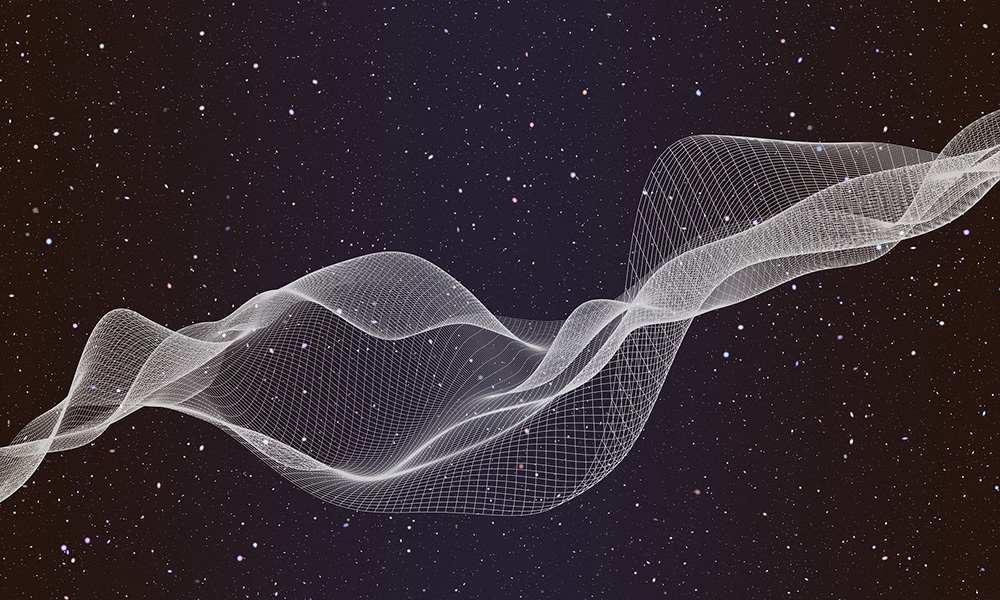I recently perused a book with an eye-catching title: “God Revised: How Religion Must Evolve in a Scientific Age” (Palgrave Macmillan, 2013).
The author, Galen Guengerich, is a Unitarian pastor who claims to have found a balanced, middle ground between atheism and fundamentalism. However, the theological musings in the book are about as deep as a mud puddle in Death Valley, and the history isn’t much better. At one point, Guengerich asserts, “It took five hundred years for the Roman Catholic Church to forgive Nicolaus Copernicus for looking into the night sky and reporting what he saw.”
Since Copernicus died in 1543 — less than 500 years ago — that’s quite a claim. At least Guengerich exhibited more restraint than Dan Brown did in his novel “Angels & Demons” (Pocket Books, 2000), in which one of the good guys observes: “Outspoken scientists like Copernicus … [were] murdered by the church for revealing scientific truths. Religion has always persecuted science.” However, Guengerich does insist that Galileo was “tortured,” which is only accurate if he means Galileo endured having some of his theories rejected because he could not muster the necessary proofs for them. Copernicus, by the way, died an old man, in the good graces of the Church, in which he served as a canon lawyer.
Science, it turns out, is a convenient stick for many of those who dislike and wish to dismiss the Church. The famous, misunderstood case of Galileo has long been the centerpiece exhibit for those claiming, as Brown’s character does, that religion hates science. Yet Galileo was a devout (if rather arrogant) Catholic who enjoyed support by many in the Vatican, and his essential problems were hubris and impatience.
The atheist Neil deGrasse Tyson, host of the new version of the television series “Cosmos,” relies less on Galileo and more on another supposed scientific hero, Giordano Bruno (1548-1600), a Dominican friar and mathematician who was executed by the Roman Inquisition. It sounds like a slam dunk, and deGrasse Tyson spends a good chunk of time working the apparently fallow ground. But, as the Jesuit philosopher and educator Father Robert Spitzer has noted, the Dominican’s trial “had very little to do with Bruno’s beliefs about heliocentrism or scientific method; he was, after all, following Copernicus.” In fact, Bruno’s trial “centered on five theological heresies: his pantheism, denial of the Trinity, denial of the divinity of Christ, denial of transubstantiation, and denial of the Virgin Birth.” We may understandably lament execution for heresy, but we must keep in mind there were many actions punishable by execution in the 1600s.
More to the point, Bruno was not a martyr for science. Yet the myth of the “scientific revolution” eventually overcoming the Dark Ages is a popular and dramatic one, with roots in both Enlightenment-era works intent on undermining the Church, and Protestant “histories” devoted to portraying Catholicism as a crude, superstitious religion with no connection to true, pure Christianity.
In his new book, “How the West Won: The Neglected Story of the Triumph of Modernity” (ISI Books, 2014), sociologist and historian Rodney Stark (who is Lutheran), debunks this nonsense. “Just as there was no ‘Dark Ages,’” he writes, “there was no ‘Scientific Revolution.’ Rather, the notion of a Scientific Revolution was invented to discredit the medieval Church by claiming that science burst forth in full bloom (thus owing no debts to prior Scholastic scholars) only when a weakened Christianity no longer could suppress it.”
Stark focuses on 14 philosophers and scientists (there are more, of course), beginning with Robert Grosseteste (c. 1168-1253), an English bishop described by one historian as “the real founder of the tradition of scientific thought in medieval Oxford,” and concluding with Copernicus. None, he notes, were “rebel secularists” — all were devout Christians and “they all were priests or monks — even bishops and cardinals.” And all of them were educated in Scholastic universities.
Carl E. Olson is the editor of Ignatius Insight (www.ignatiusinsight.com). He and his family live in Eugene, Ore.

